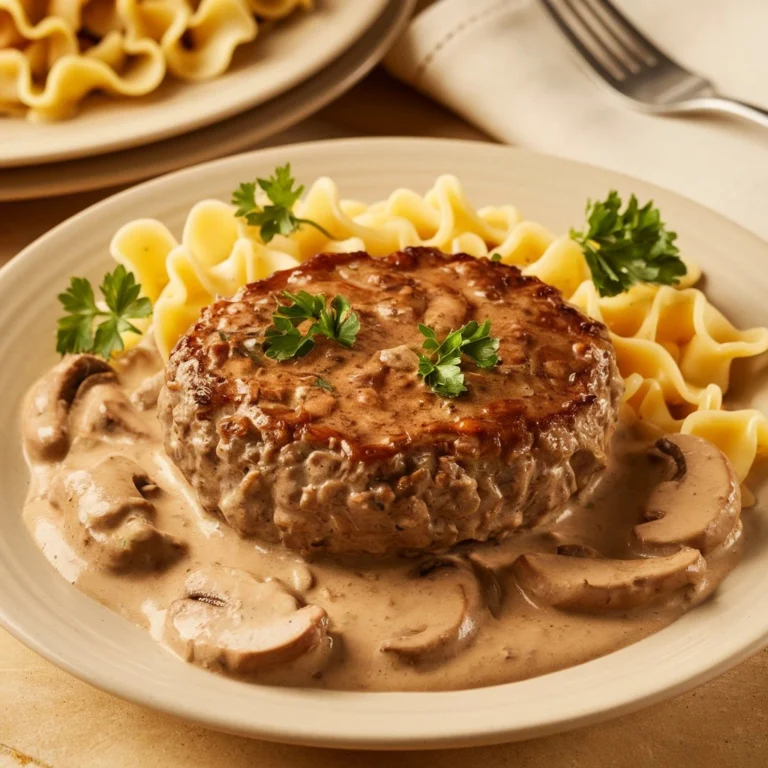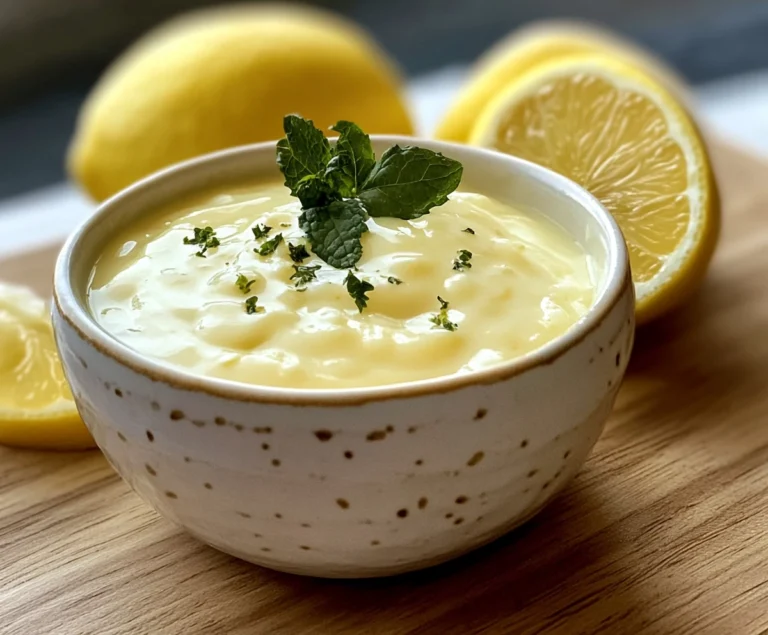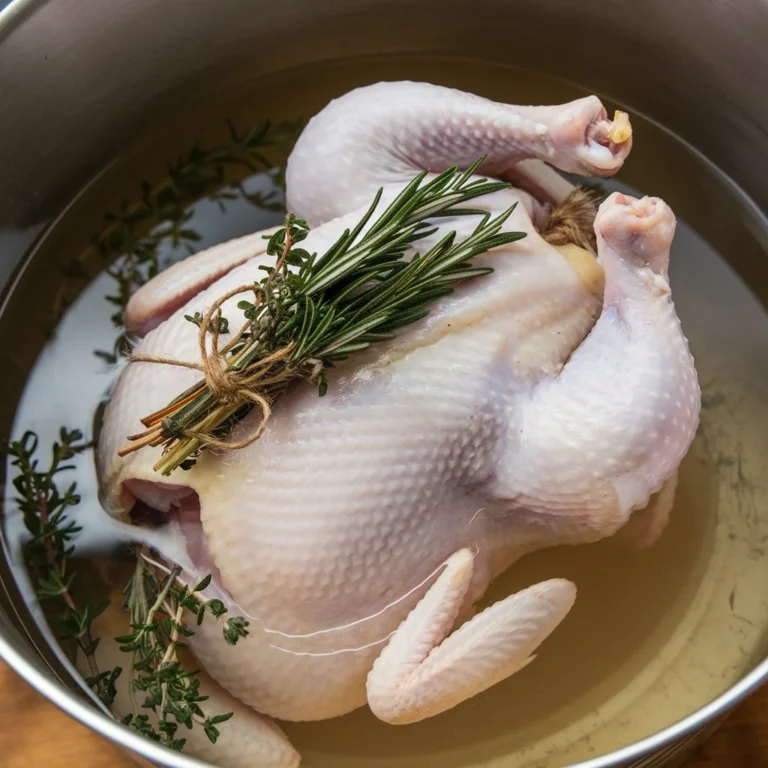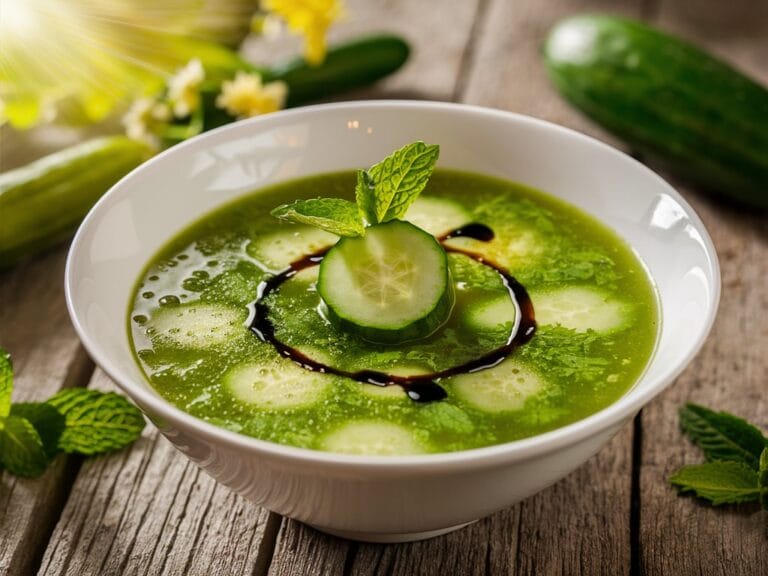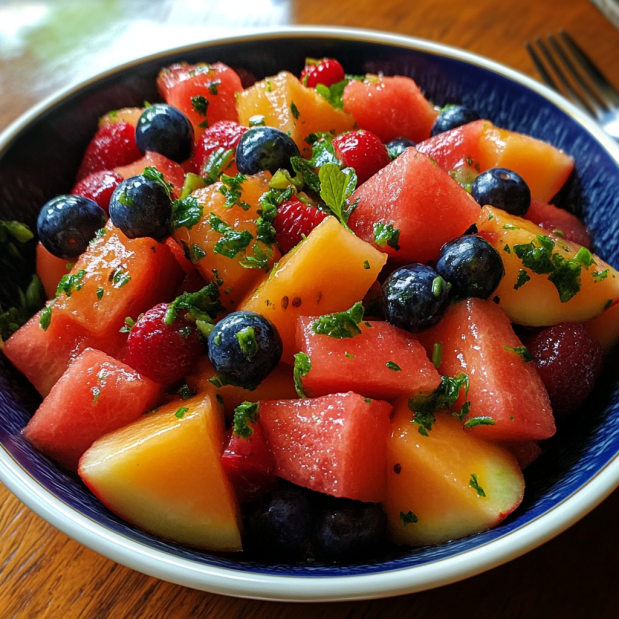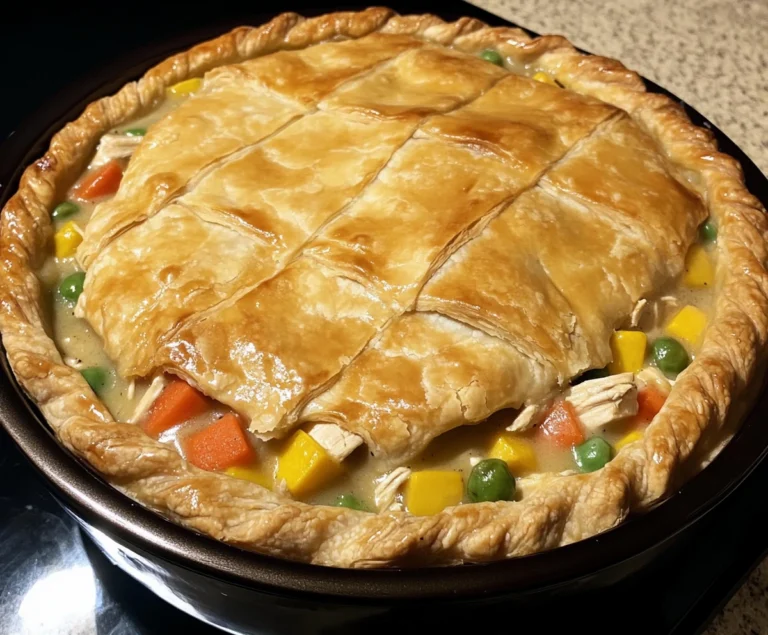Is Cream Cheese Good for Chickens? A Comprehensive
When you keep a backyard flock of chickens, understanding what foods are safe and beneficial for them is key to maintaining their health and happiness. Chickens have diverse dietary needs, and while they can consume a range of fruits, vegetables, and grains, many owners wonder about more unusual treats like cream cheese. Is cream cheese good for chickens, or does it pose more harm than good? In this comprehensive guide, we’ll explore everything there is to know about feeding cream cheese to chickens, including its nutritional benefits, potential risks, and how it fits into a balanced diet for your flock.
The Chicken’s Diet: What Can They Eat?
Before diving into the specifics of cream cheese, it’s essential to understand the general dietary requirements of chickens. Chickens are omnivores, meaning they can eat both plant-based and animal-based foods. In the wild, chickens forage for insects, seeds, grains, fruits, and vegetables. As a result, backyard chickens thrive on a balanced diet that mimics this natural foraging behavior.
Chickens require the following essential nutrients:
- Protein: For muscle growth, feather development, and egg production. Proteins can come from both plant and animal sources.
- Carbohydrates: For energy, which they can get from grains and vegetables.
- Fats: A small amount of fat is necessary for energy and maintaining healthy skin and feathers.
- Vitamins and Minerals: Especially calcium, which is crucial for strong eggshells, as well as vitamins A, D, and E.
Given these basic nutritional needs, you might wonder how cream cheese fits into their diet. Cream cheese, after all, is high in fats and contains protein and calcium. But is it truly beneficial for chickens? Let’s explore the facts.
Nutritional Composition of Cream Cheese
Cream cheese is a soft, mild-tasting cheese made from milk and cream. While it’s a favorite for human consumption, its nutritional profile makes it a questionable treat for chickens. Here’s a breakdown of the key components of cream cheese:
Nutritional Breakdown (per 1 tablespoon, or 14 grams):
- Calories: 50
- Protein: 1 gram
- Fat: 5 grams (of which 3.2 grams are saturated fat)
- Carbohydrates: 1 gram
- Calcium: 14 milligrams
- Sodium: 47 milligrams
Key Nutrients:
- Fat: Cream cheese is high in fat, which can provide energy for chickens. However, too much fat in a chicken’s diet can lead to obesity, which in turn can cause health issues like reduced egg production and mobility problems.
- Protein: While cream cheese does provide protein, the amount is relatively low compared to other protein-rich foods like meat scraps or eggs.
- Calcium: Calcium is crucial for laying hens, as it helps them produce strong eggshells. Although cream cheese contains some calcium, the amount is quite small and can be better obtained from other sources like oyster shells or fortified chicken feed.
- Sodium: Cream cheese contains a moderate amount of sodium, which chickens don’t need in high quantities. Excessive sodium can lead to kidney issues and dehydration in chickens.
How Does This Fit into a Chicken’s Diet?
Chickens need a diet that’s rich in protein, low in unhealthy fats, and contains essential vitamins and minerals. While cream cheese does offer some beneficial nutrients, its high-fat content and moderate sodium levels mean it should only be fed in very small amounts, if at all. For most chickens, treats like cream cheese are not necessary and should be an occasional indulgence rather than a dietary staple.
Lactose Intolerance in Chickens
One of the most significant concerns with feeding dairy products like cream cheese to chickens is that most birds, including chickens, are lactose intolerant. Lactose is a type of sugar found in milk and dairy products. Mammals like humans and cows have an enzyme called lactase, which helps break down lactose for digestion. Birds, however, do not produce this enzyme, which means they cannot properly digest lactose.
What Happens When Chickens Consume Lactose?
When chickens eat dairy products, the lactose in these foods can’t be broken down in their digestive system. This can lead to several issues:
- Diarrhea: One of the most common symptoms of lactose intolerance in chickens is diarrhea. Chickens with lactose intolerance may have loose, watery droppings after consuming dairy products like cream cheese.
- Bloating and Gas: Indigestion from lactose can cause bloating and gas in chickens, which can be uncomfortable for them.
- Dehydration: Severe diarrhea can lead to dehydration, which is especially dangerous in hot weather or for chickens that are already under stress.
Given these potential digestive issues, it’s clear that feeding cream cheese (and other dairy products) to chickens should be done with extreme caution and in very small amounts.
Can Chickens Benefit from Small Amounts of Cream Cheese?
Despite the risks associated with lactose intolerance, some chicken owners report feeding small amounts of cream cheese to their flock without noticeable problems. This raises the question: can chickens safely consume cream cheese in moderation, and are there any benefits to doing so?
Benefits of Small Amounts:
- Energy Boost: The high-fat content in cream cheese can provide chickens with a quick energy boost, which can be helpful during colder months when chickens need extra calories to stay warm.
- Palatability: Chickens, like many animals, enjoy the taste of rich, fatty foods. Cream cheese can be a treat that entices chickens to eat, particularly if they are recovering from illness or need to gain weight.
Risks of Feeding Too Much:
While some chickens may tolerate small amounts of cream cheese, overfeeding can lead to serious health issues, including:
- Obesity: Excessive fat in a chicken’s diet can lead to weight gain and obesity. Overweight chickens are at risk for health problems like fatty liver disease, heart problems, and joint issues.
- Digestive Problems: As mentioned earlier, lactose intolerance can lead to diarrhea, bloating, and discomfort. Chickens with these symptoms may become dehydrated or stressed, which can affect their overall health and egg production.
- Sodium Overload: The sodium in cream cheese is not needed in large amounts by chickens. Too much sodium can cause dehydration and kidney problems.
In conclusion, while small amounts of cream cheese can be a tasty treat for chickens, it’s not a necessary or particularly beneficial part of their diet. For most chicken owners, it’s best to avoid feeding cream cheese altogether or to offer it only sparingly.
How Much Cream Cheese is Safe for Chickens?
If you decide to give your chickens cream cheese as a treat, it’s important to do so in moderation. Experts recommend that treats should make up no more than 10% of a chicken’s total diet. The majority of a chicken’s diet should come from a balanced chicken feed that meets all of their nutritional needs.
Guidelines for Feeding Cream Cheese to Chickens:
- Portion Size: Limit cream cheese to 1-2 teaspoons per chicken once or twice a week. This small amount minimizes the risk of digestive problems and ensures that cream cheese remains an occasional treat rather than a dietary staple.
- Observation: After feeding your chickens cream cheese, keep an eye on them for any signs of digestive distress. If you notice diarrhea, lethargy, or reduced appetite, it’s best to discontinue feeding cream cheese and return to their regular diet.
- Pair with Healthy Foods: If you choose to offer cream cheese, consider mixing it with other healthy treats like chopped vegetables or grains. This can help dilute the fat and sodium content while still providing your chickens with a tasty treat.
Signs of Overfeeding:
- Diarrhea or Watery Droppings: One of the most obvious signs of lactose intolerance or overfeeding is diarrhea. Watery droppings can also indicate dehydration.
- Lethargy: If your chickens seem sluggish or less active after eating cream cheese, this may be a sign that they’re not tolerating it well.
- Decreased Egg Production: Overfeeding high-fat or high-sodium foods can affect egg production. If you notice a drop in the number or quality of eggs your hens are laying, consider adjusting their diet.
Alternatives to Cream Cheese for Chickens
While cream cheese can be an occasional treat, there are healthier and more beneficial options you can offer your chickens. Here are some alternatives that provide similar nutrients without the risks associated with lactose and high fat content.
1. Fresh Vegetables
Vegetables are an excellent source of vitamins, minerals, and fiber for chickens. Some great options include:
- Leafy greens (kale, spinach, lettuce): Rich in calcium, which supports egg production.
- Carrots and bell peppers: High in vitamins A and C, which boost immune function.
- Zucchini and cucumbers: Low-calorie options that provide hydration and fiber.
2. Cooked Eggs
Ironically, cooked eggs can be a great source of protein and healthy fats for chickens. Eggs are highly digestible and packed with essential nutrients like vitamins D and E. Scrambled or hard-boiled eggs make for an excellent treat that won’t upset your chicken’s digestive system.
3. Fruits (in Moderation)
Fruits are naturally sweet and provide chickens with important vitamins and antioxidants. However, because of their high sugar content, they should be fed in moderation. Some good fruit options include:
- Berries (blueberries, strawberries, raspberries): High in antioxidants and low in sugar.
- Melons (watermelon, cantaloupe): Hydrating and refreshing, especially in hot weather.
- Apples (without seeds): A good source of fiber and vitamins.
4. Grains and Seeds
Grains and seeds are an excellent source of carbohydrates and energy for chickens. Some good options include:
- Oats: A great source of energy, particularly in cold weather.
- Sunflower seeds: High in healthy fats and protein, making them a nutritious snack.
- Barley and quinoa: Nutrient-rich grains that provide fiber and essential vitamins.
5. Commercial Chicken Treats
Many feed stores offer commercial chicken treats that are specifically formulated to provide balanced nutrition. These treats often contain a mix of grains, seeds, and dried vegetables, making them a healthier alternative to cream cheese.
Can Cream Cheese Improve Egg Production?
One question that often comes up is whether feeding cream cheese or other high-fat foods can boost egg production. While chickens need a well-rounded diet to produce healthy eggs, cream cheese is not a food that will directly improve egg production.
Key Nutrients for Egg Production:
- Calcium: Essential for the formation of strong eggshells. Hens need a high-calcium diet, particularly during their laying cycle. Good sources of calcium include oyster shells, crushed eggshells, and high-quality layer feed.
- Protein: Necessary for egg development. Protein-rich foods like insects, meat scraps, and eggs can help boost egg production.
- Vitamins and Minerals: Vitamins A, D, and E, as well as omega-3 fatty acids, are crucial for producing high-quality eggs. These nutrients can be found in leafy greens, fish meal, and flaxseed.
Does Cream Cheese Contain These Nutrients?
While cream cheese does contain small amounts of protein and calcium, it is not a significant source of the nutrients needed for egg production. Additionally, the high-fat content in cream cheese can actually have the opposite effect by leading to obesity, which may reduce a hen’s laying ability.
For chickens to produce the best-quality eggs, they should be fed a balanced diet that includes layer feed, fresh vegetables, and occasional protein-rich treats like mealworms or scrambled eggs. Cream cheese should only be an occasional indulgence.
Frequently Asked Questions (FAQs) About Feeding Cream Cheese to Chickens
1. Can chickens eat other types of cheese?
Yes, chickens can eat some types of cheese, but like cream cheese, it should be offered in moderation. Hard cheeses like cheddar or parmesan have less lactose than soft cheeses, making them slightly better options. However, because chickens are lactose intolerant, even hard cheeses should be fed sparingly to avoid digestive issues.
2. Is cream cheese harmful to young chickens?
Yes, cream cheese and other dairy products should be avoided when feeding young chicks. Chicks have more sensitive digestive systems than adult chickens and are more likely to suffer from diarrhea and dehydration after consuming lactose-containing foods. It’s best to stick to a balanced chick feed and occasional protein-rich treats like scrambled eggs for young chickens.
3. How often can chickens eat cream cheese?
Chickens should only eat cream cheese as a rare treat. Feeding them cream cheese once a week in small portions (1-2 teaspoons per chicken) is generally safe, but any more than that can lead to digestive problems, weight gain, and nutritional imbalances.
4. What are the signs that my chickens have eaten too much cream cheese?
Signs of overfeeding cream cheese include:
- Diarrhea or watery droppings
- Lethargy or reduced activity levels
- Decreased appetite or reduced egg production
If you notice any of these signs, it’s best to stop feeding cream cheese and focus on providing a balanced, nutritious diet.
5. Are there lactose-free dairy products I can give to chickens?
There are lactose-free dairy products available for humans, but they are not commonly recommended for chickens. Even though these products don’t contain lactose, they still have high fat and sodium levels, which are not ideal for chickens. It’s better to stick to non-dairy alternatives like fresh vegetables, cooked eggs, or commercial chicken treats.
Conclusion: Is Cream Cheese Good for Chickens?
So, is cream cheese good for chickens? The answer is a cautious yes, but only in very small amounts and on rare occasions. Cream cheese contains some beneficial nutrients like protein and calcium, but its high-fat content and the presence of lactose make it a less-than-ideal treat for chickens. The risks of digestive upset, obesity, and sodium overload mean that cream cheese should never be a regular part of your flock’s diet.
Instead, focus on providing a balanced, nutrient-rich diet that includes high-quality chicken feed, fresh vegetables, and occasional protein-rich treats. If you do decide to offer cream cheese, make sure it’s given sparingly and always observe your chickens for any signs of digestive distress.
By following these guidelines, you can ensure that your chickens remain healthy, happy, and productive, with a diet that supports their overall well-being.


